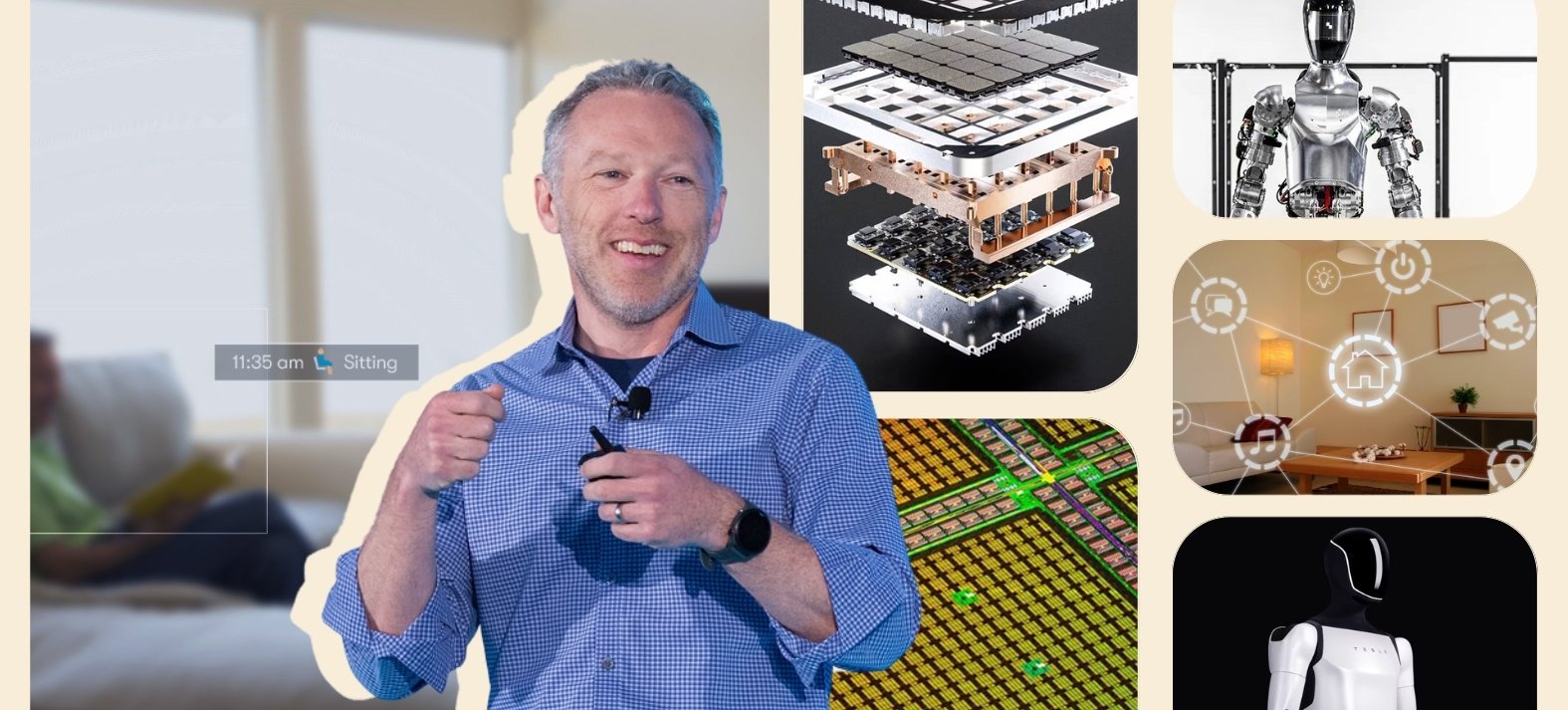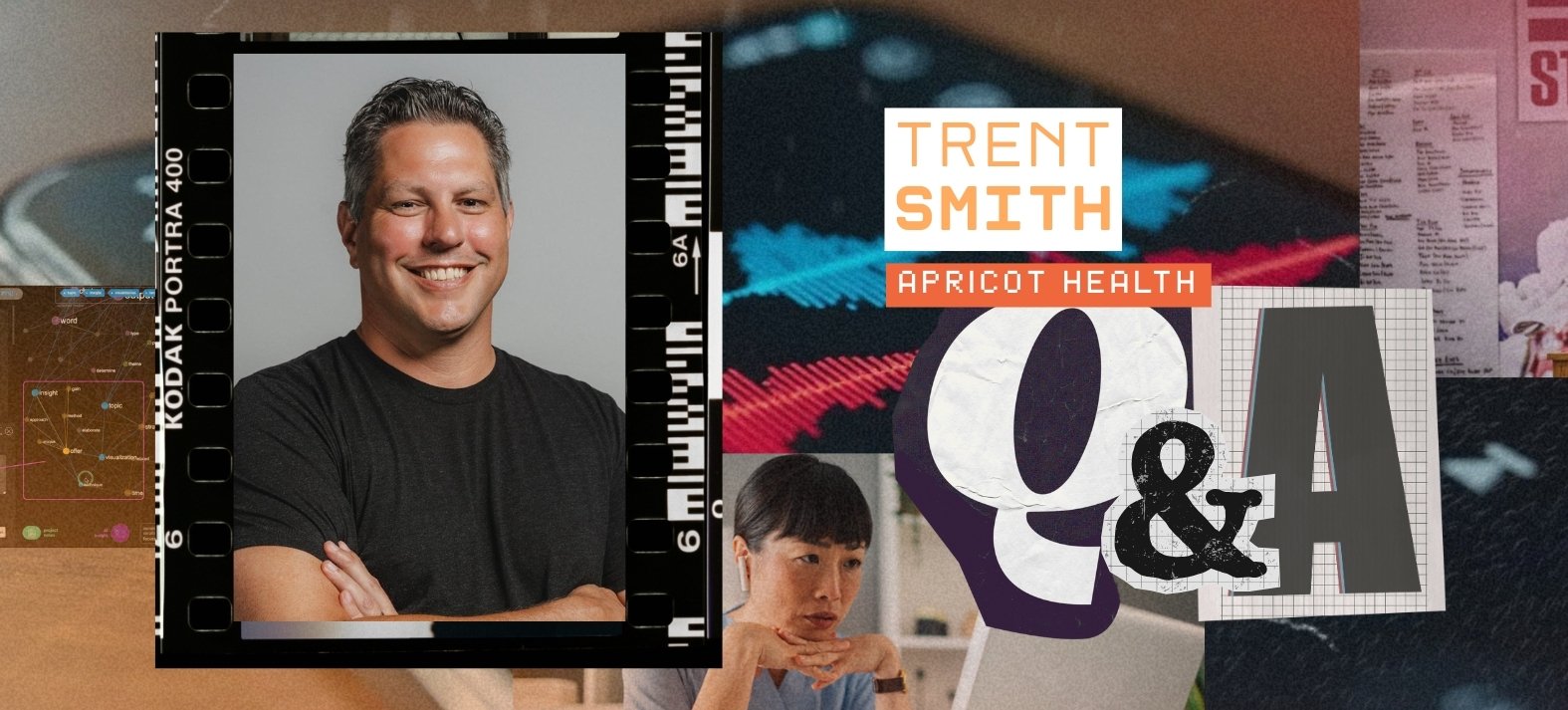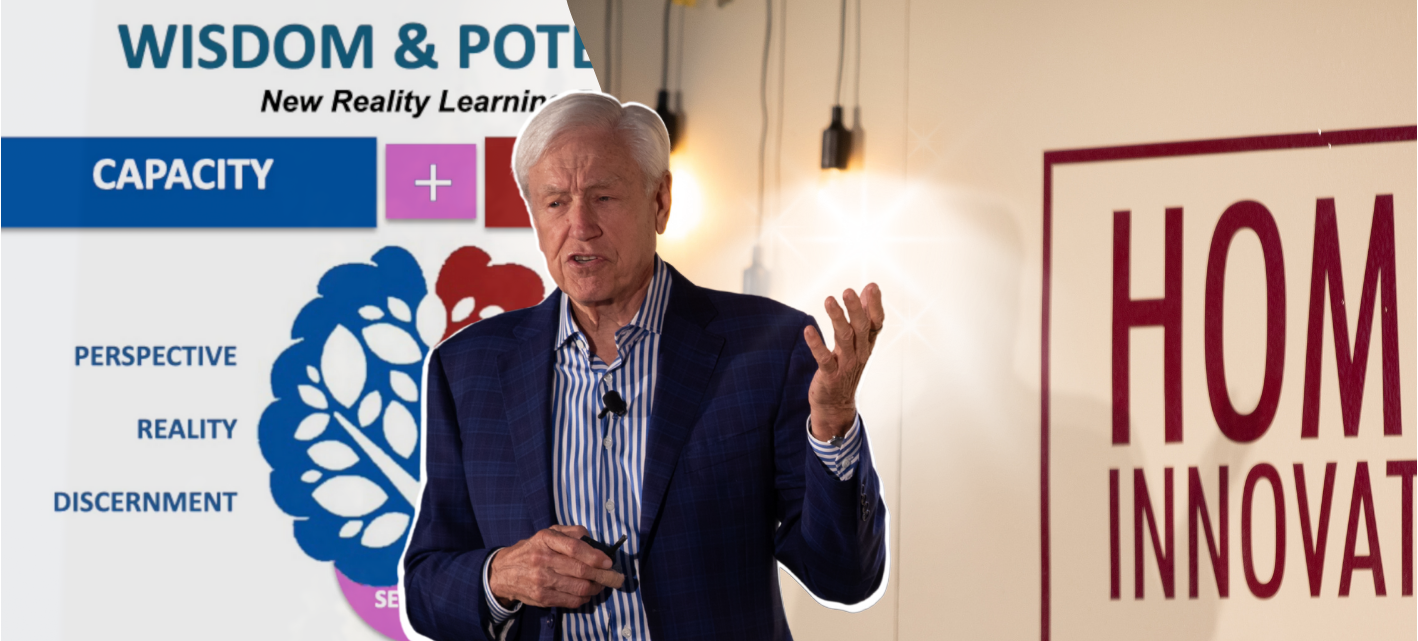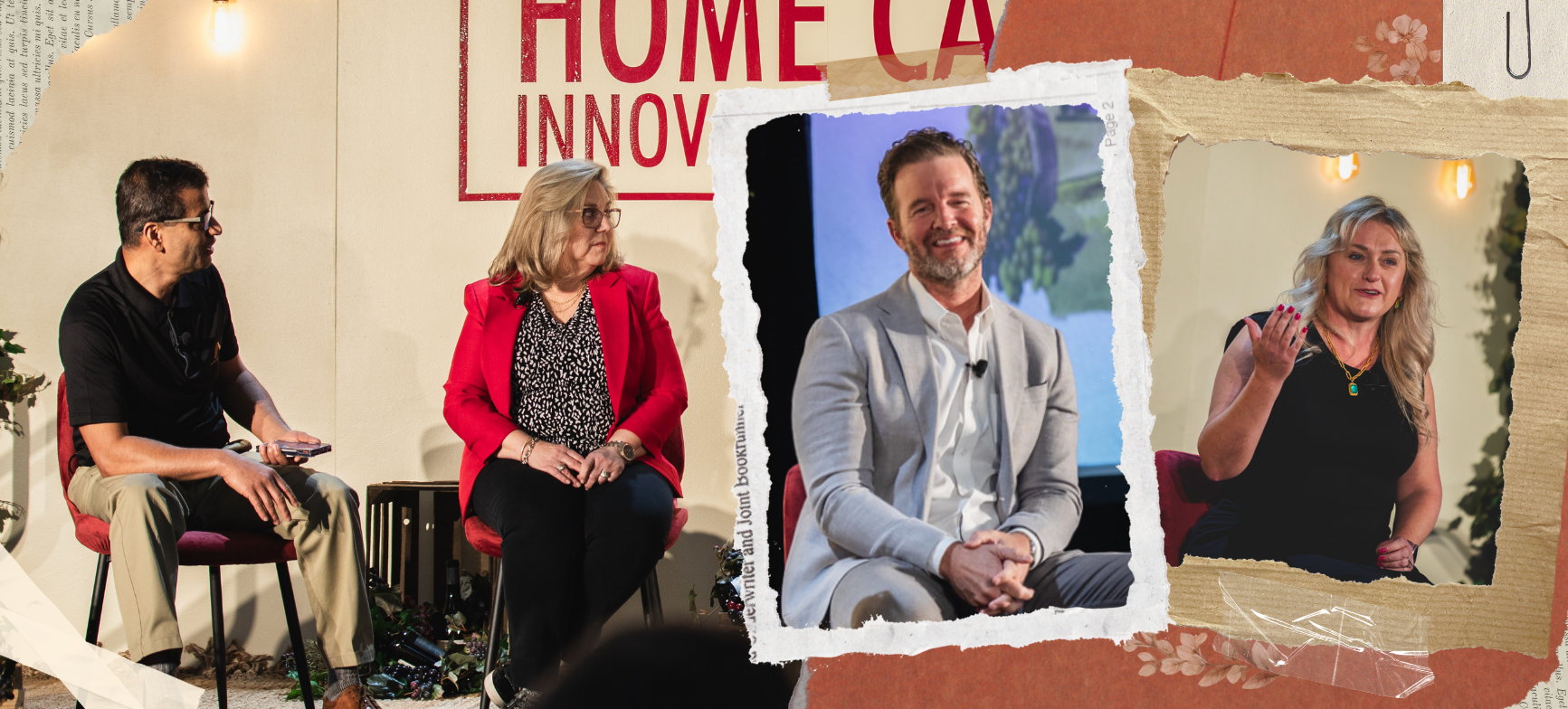At the Home Care Innovation Forum, Seth Sternberg’s message was clear: AI and robotics are no longer futuristic concepts, but present-day realities that will reshape the landscape of care in the home – and home care providers would be wise to embrace them.
“Here’s the real thing about technology vs. humans today: Technology’s better at handling the heterogeneity of humans than humans are themselves,” said Sternberg, co-founder and CEO of Honor, emphasizing that AI's ability to process vast amounts of data allows for unprecedented levels of personalized care. Often, AI is better at it, in both personalization and efficiency.
On stage, Sternberg showcased recent advancements in AI and robotics, including Tesla's Optimus, a dextrous robot that can, among other things, fold clothes and cook an egg. The use of a robot like Optimus to perform household tasks in a home care setting is obvious.
“But that’s not the (robot) you should be scared of,” Sternberg said. He then played a video showing Figure 01, a robot capable of more complex tasks and higher-level decision-making. In it, Figure 01 interacts with a human, answers questions and performs tasks that require it to reason.
This demonstration illustrated a crucial point: technology has significantly evolved to handle the nuanced nature of human care needs. The question going forward is how the promise of this technology can be most effectively and responsibly leveraged – in this case, in a person’s home.
Honor's own journey with AI exemplifies this shift. Sternberg revealed that their systems currently employ many AI models working behind the scenes to optimize various aspects of care delivery. These models analyze patterns to predict caregiver turnover, match caregivers with clients, and continuously improve the overall care experience.
“What’s happening with AI is it’s able to predict the future really well because of all the patterns (it’s learned) from the past,” Sternberg said.
“That’s why AI is so powerful now for our very human businesses because it can know everything about you individually. For any service delivery action that we take, there are 22 AI models in the background figuring things out to ultimately provide a better human caregiving experience.”
The Imperative for Tech Integration
A central part of Sternberg's presentation was his take that technology should no longer be a peripheral concern for home care providers, but the backbone of how their business operates, with human elements enhanced and supported by these foundations.
"The core has got to be technology," Sternberg said. "The periphery can be human."
Sternberg's message to home care providers was clear: It's time to seriously re-evaluate their technology strategies. He posed some critical questions for leaders to consider:
- What parts of your technology stack should/can you own and develop in-house?
- Which technologies can be outsourced to specialized vendors?
- How can you leverage technology to create better experiences for both caregivers and clients?
"Remember, this is all about creating a better human experience at the end of the day," Sternberg said, underscoring that the goal of tech integration is not to replace human care, but to augment and improve it, ultimately leading to better outcomes for clients and caregivers alike.
Sternberg's call for technology to be central in home care operations represents a significant shift in industry thinking. Traditionally, many providers viewed technology as a supplementary tool, something to experiment with or add to existing processes. But Sternberg argued that this approach is no longer sufficient - or safe - in today's rapidly evolving landscape.
Don’t just nibble at the edges of technology – embrace and integrate it, he said.
"If you're looking at your business today and saying to yourself, 'Well, gee, I'm running this care business, and I kind of have to dabble in this AI and technology stuff'... I'd argue that that's a risky path, a very risky path," Sternberg said.
The Future is Now
Sternberg emphasized the rapid pace of technological advancement, noting that the robot demonstrations shown in his talk were already a year and a half old. This underscored his sense of urgency for the industry to adapt.
"I'm nervous because I know definitively if that's where we are in 18 months, imagine where the world's going to be in two years," he said.
"Large swaths of our business are going to fundamentally change given where technology's headed. What do we fundamentally need to do to ensure that we provide great care to lots and lots of older adults and amazing jobs for care pros as we continue to advance our companies?"
The home care industry stands at this technological crossroads, and Sternberg's insights serve as both a wake-up call and a roadmap. The message is clear: embracing AI and robotics isn't just about staying competitive - it's about revolutionizing care delivery to better serve an aging population.
The implications of this technological leap are far-reaching. In the near future, we might see AI systems that can predict health declines before they become apparent to human observers, or robots that can assist with complex physical tasks, reducing strain on caregivers. These advancements could dramatically improve the quality of life for both care clients and caregivers.
But Sternberg was quick to emphasize that this technological future doesn't mean a less human-centric approach to care. On the contrary, he argued that by leveraging these advancements, providers can free up their human staff to focus on the aspects of care that truly require a human touch – emotional support, complex decision-making, and building meaningful relationships with clients.
“Remember, this is literally all about creating a better human experience at the end of the day,” he said.
Posted by
Join us!
The retreat for home health care and hospice leaders innovators.
May 17-19, 2026 | Palm Springs, CA




-2.png)


-2.png)


Comments